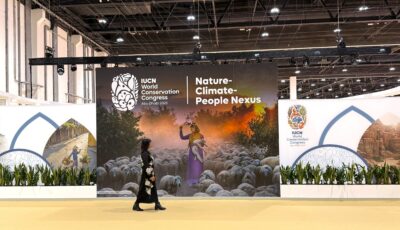
News

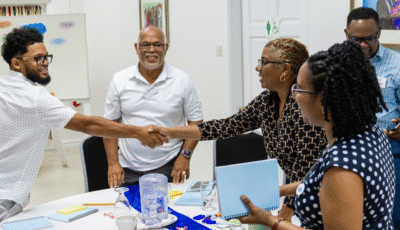
Common Seas supports SIDS’ next steps to future freed from plastic with new FCDO funding
Read post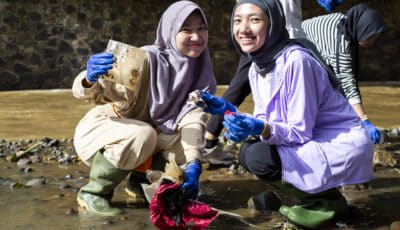
Global Action Templates: Empowering the next generation to tackle plastic pollution
Read post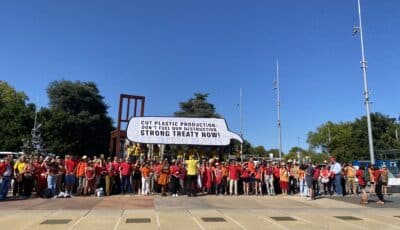
Cut plastic, not corners: civil society’s calls to action at treaty negotiations
Read post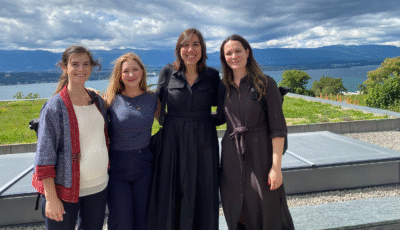
Collaboration, capacity building and courage: Reflections from our time at INC5.2
Read post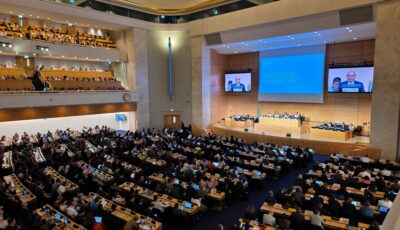
INC5.2 delivers no treaty, but a rising tide of resolve among countries and civil society
Read post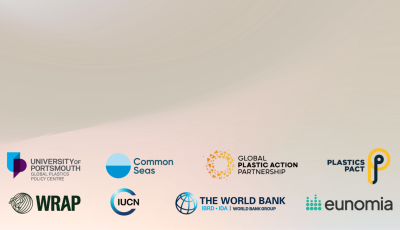
Experts unite to strengthen national action on plastic pollution
Read post
How could your school tackle plastic waste with a grant of up to £500?
Read post
